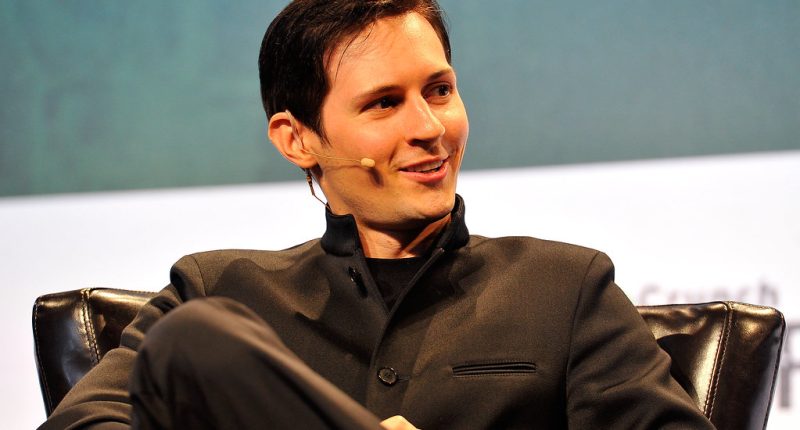Pavel Durov, founder and CEO of Telegram, was recently detained by French authorities in Paris under allegations linking his popular messaging app to a range of criminal activities. The arrest occurred on August 24 at Le Bourget airport, following Durov’s arrival on a private jet from Azerbaijan.
Durov’s arrest is the result of a French arrest warrant issued as part of an ongoing investigation. The French authorities suspect Telegram of enabling criminality through its encrypted messaging services, which allegedly have been exploited by bad actors to conduct illegal operations. The arrest warrant was executed upon Durov’s arrival in France, where he was immediately taken into custody for questioning.
Initially scheduled for release on Sunday night, Durov’s detention was extended by an investigating magistrate. Under French law, Durov can be held for up to 96 hours without formal charges, providing law enforcement with additional time to scrutinize the allegations. The accusations against him include involvement in drug trafficking, cybercrime, and failure to moderate content that promotes terrorism. Should platforms like Telegram be held accountable for the actions of their users? Durov’s case could set a legal precedent, potentially shaping how governments regulate platforms that prioritize user privacy over content moderation.
At the heart of the investigation is Telegram’s handling—or lack thereof—of criminal activity on its platform. Founded in 2013 by Pavel Durov and his brother Nikolai, Telegram is renowned for its end-to-end encryption and privacy-focused features. The app, which now boasts nearly 1 billion active users globally, allows users to communicate securely, a feature that is both its strength and a source of legal contention. While the platform’s privacy protections have made it popular in countries with restricted free speech, such as Russia and Iran, they have also attracted criminals who exploit Telegram’s lack of moderation to engage in illegal activities.
The French investigation, spearheaded by France’s anti-fraud and cybersecurity units, specifically targets Telegram’s inability—or unwillingness—to regulate criminal content. Authorities allege that Durov’s refusal to cooperate with law enforcement has allowed criminal networks to operate freely on the platform, from drug traffickers and money launderers to cybercriminals and even child exploitation rings. Despite these accusations, Telegram maintains that it abides by European Union laws, including the Digital Services Act, and that its content moderation practices are “within industry standards.”
Telegram has consistently denied the accusations, asserting that it is unreasonable to hold either the platform or its owner responsible for the misuse of the service by a minority of users. In a statement, the company stressed that Durov “has nothing to hide” and that the platform is committed to complying with EU regulations. The statement also called it “absurd” to suggest that Telegram, or Durov himself, could be complicit in criminal activities carried out by users on the platform.
The Tech Portal is published by Blue Box Media Private Limited. Our investors have no influence over our reporting. Read our full Ownership and Funding Disclosure →





